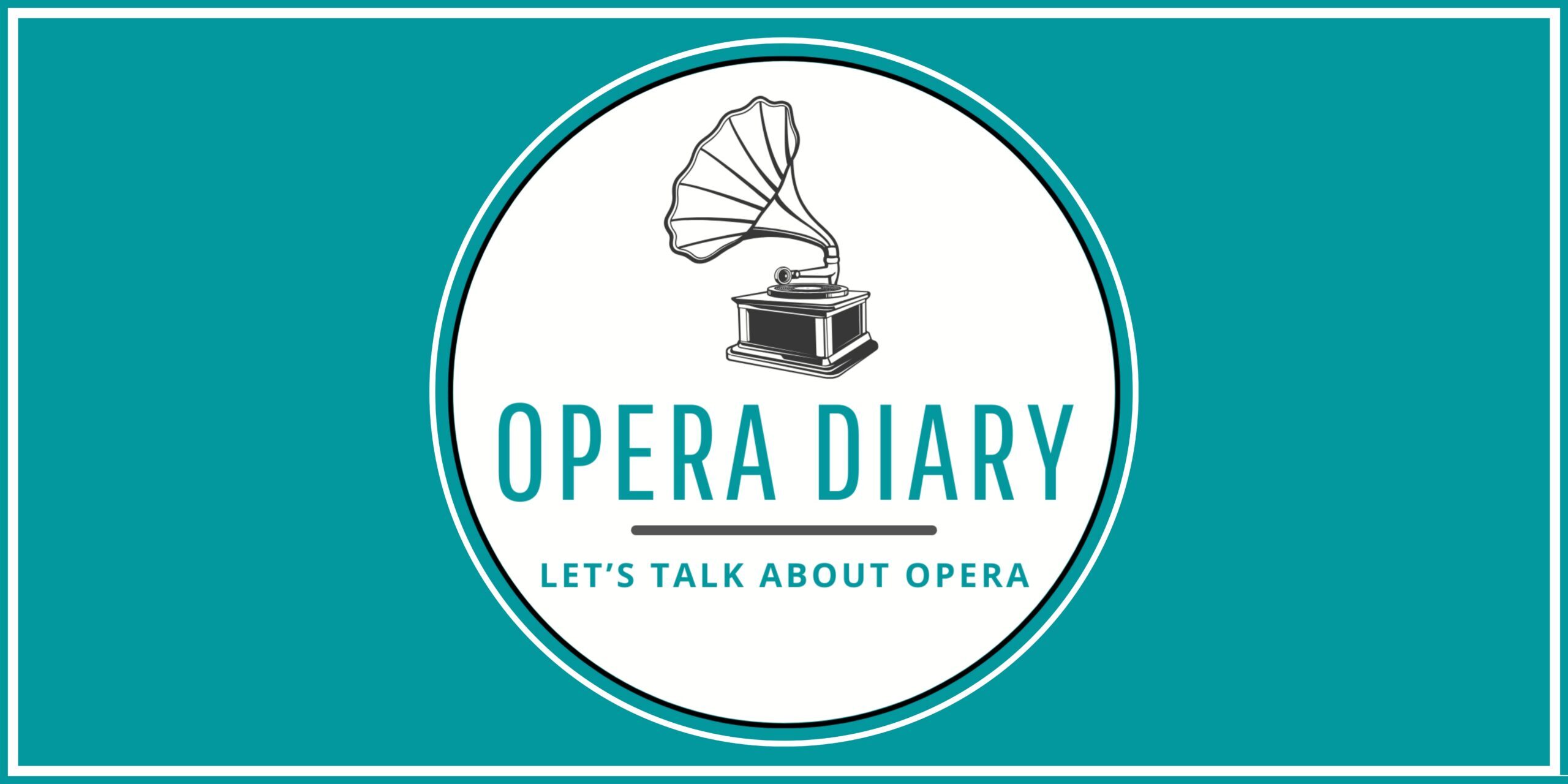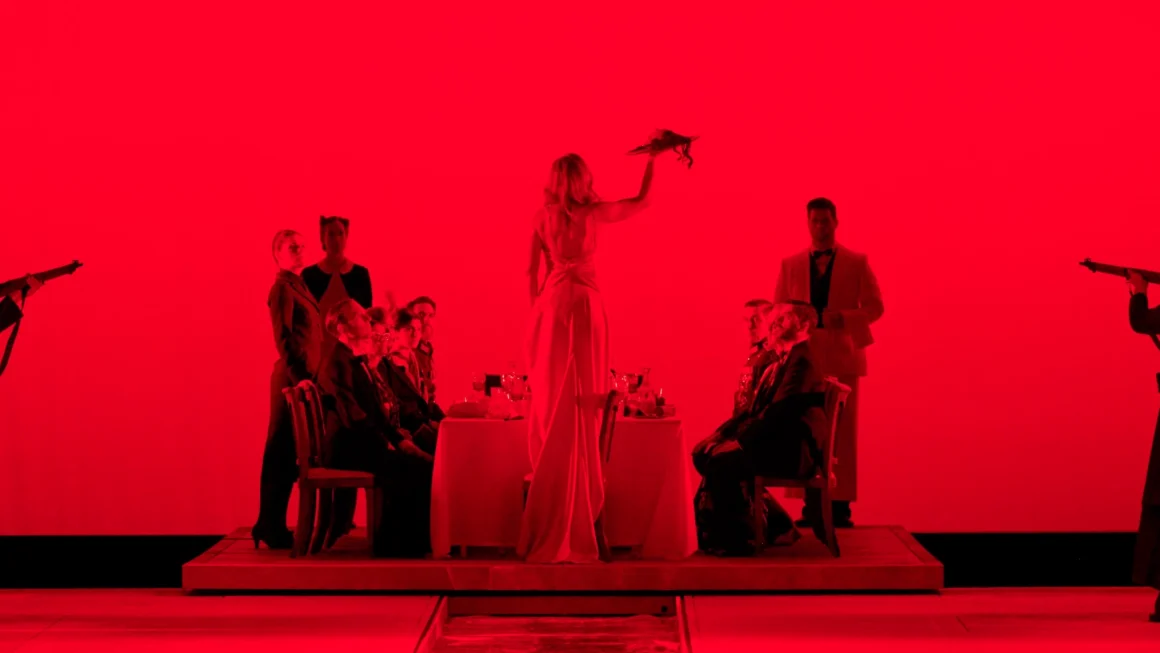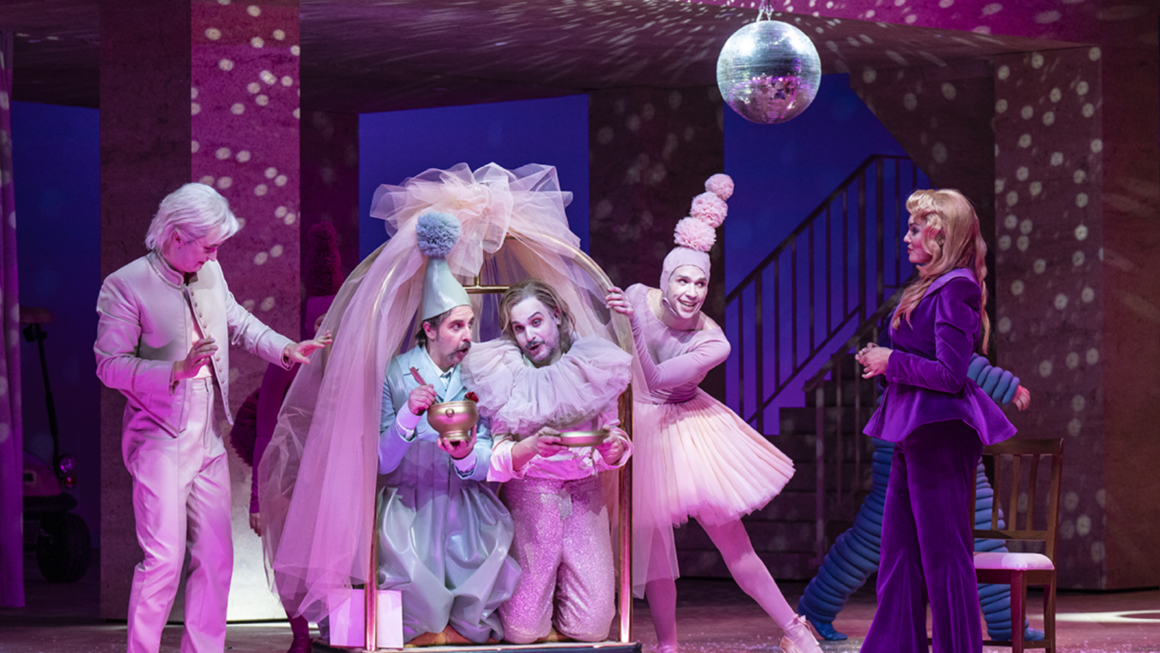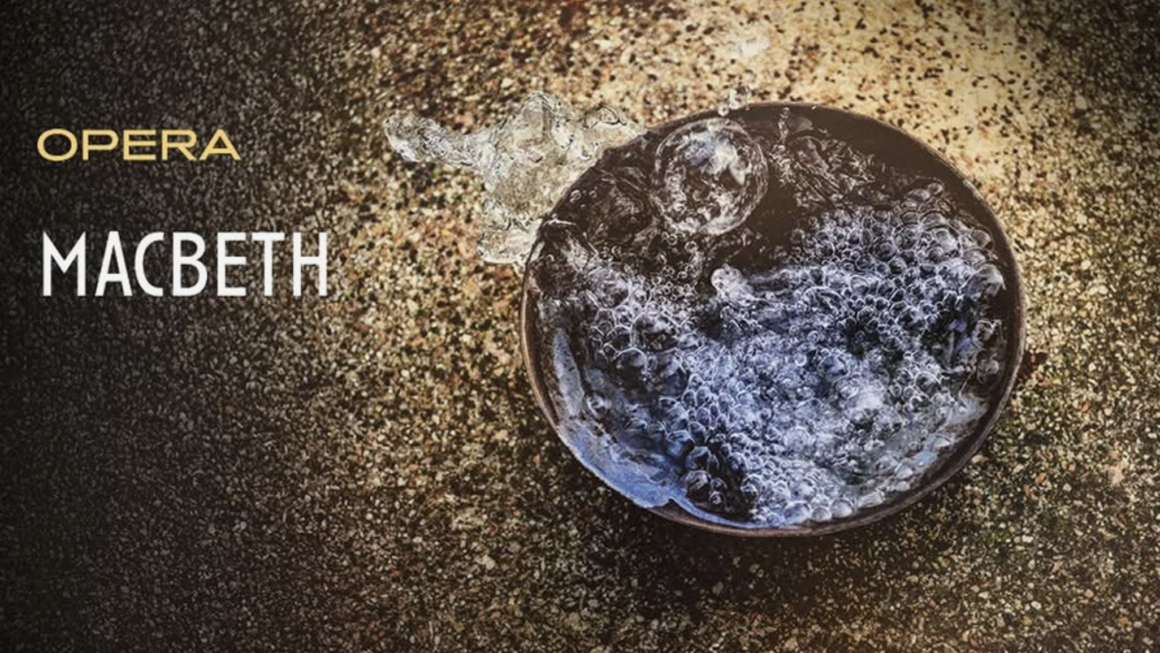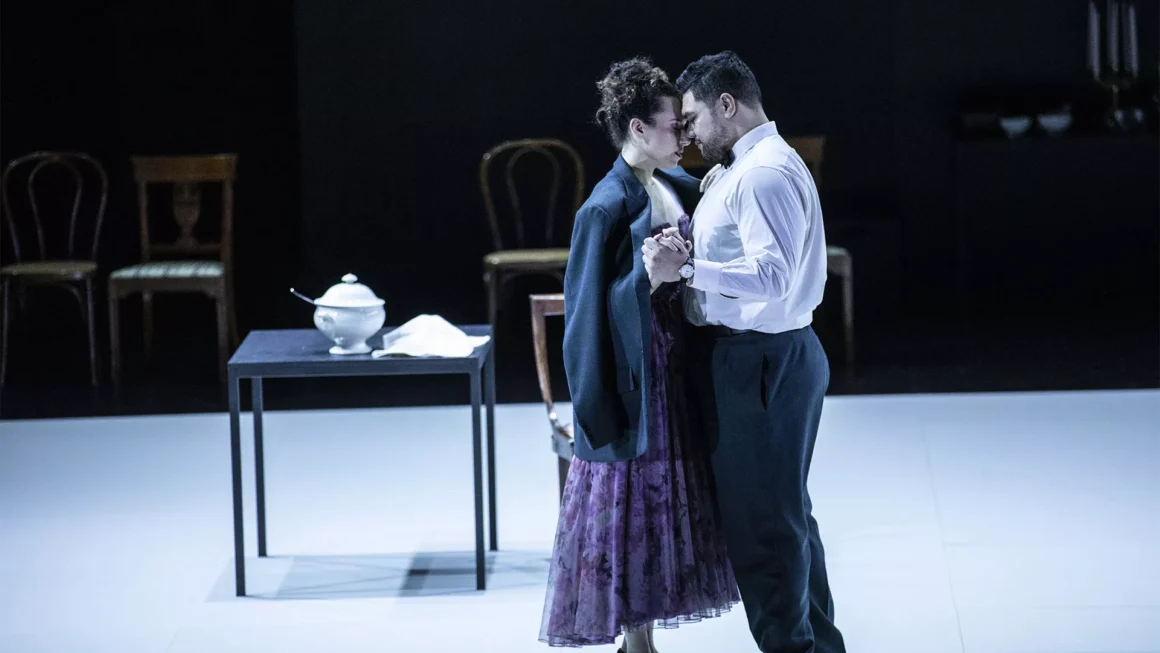Strauss’s first masterpiece premiered in 1905, Salome (op. 54) is an opera of rare power, unfolding continuously in one act, a pure fin de siècle product, the first step towards expressionism, eminently enantiosemic, where the most contrasting states of consciousness impose and superimpose themselves, and disappear at the same speed as they burst forth. Inspired by homonymous Oscar Wilde’s drama (written for Sarah Bernhardt in the early 1890s, itself inspired by Flaubert’s Hérodiade) and provoking insane controversy at the time of its première (so much so that Gustav Mahler, then director of the Vienna Opera, gave up performing it “for religious and moral reasons”), Strauss created, through this “drama dressed up in music”, the operatic equivalent of Racine’s Andromaque: Narraboth and Herodes are fascinated by Salome, who thinks only of Jochanaan, who loathes Herodias, who is obsessed by her desire for revenge against the prophet, consummated once her daughter’s unrelenting demand has been met, proclaimed in Scene 4: Ich fordre den Kopf des Jochanaan.
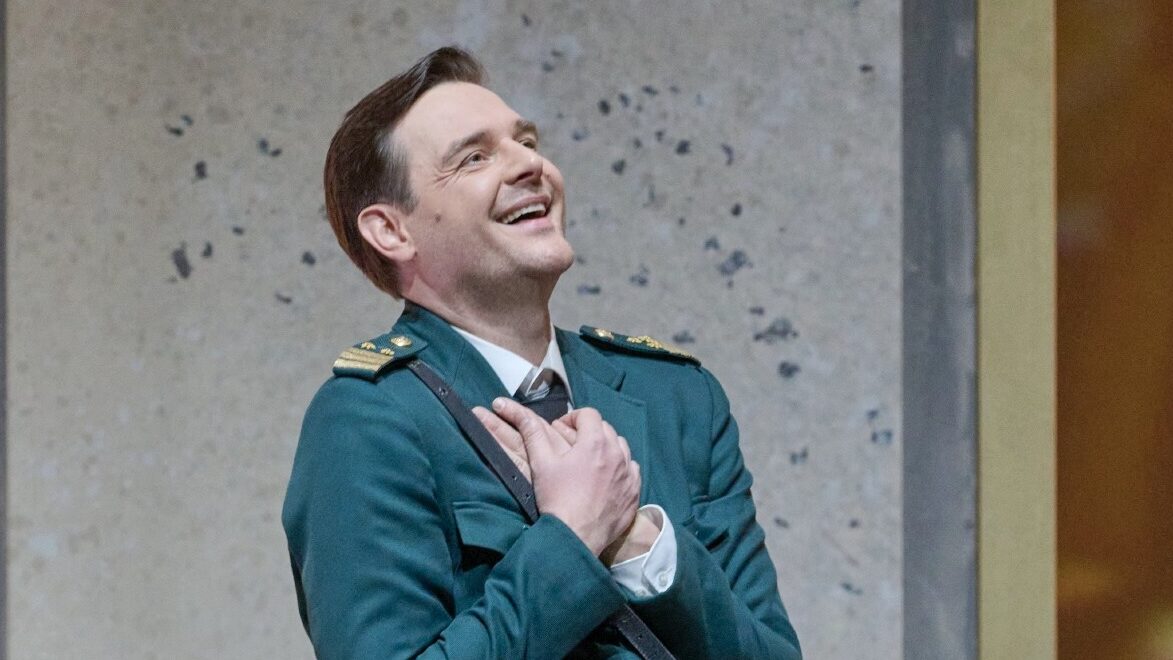
© Wiener Staatsoper / Michael Pöhn
Daniel Jenz’s version of Narraboth is luminous, with a crystalline purity linked to the ingenuity of feeling of the soldier who is the first to surrender to the intoxicating charms of Herodias’ daughter. It is with him that the in medias res entrée to the opera begins, with a lyricism without excess that follows the tenor’s performance right up to the moment when, sinking into amorous madness, he commits suicide. We almost regret that the narrative imposes his premature departure!
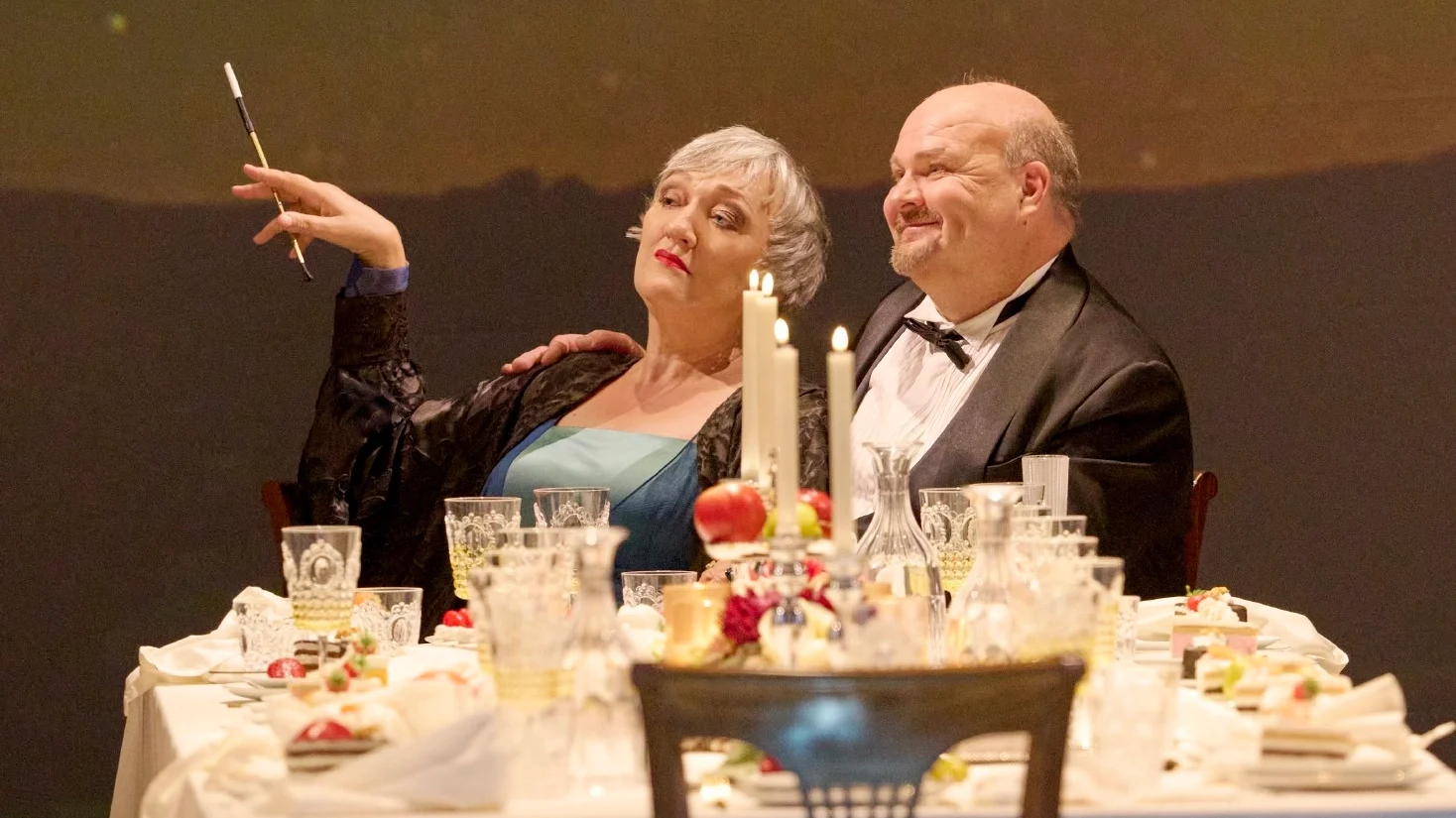
© Wiener Staatsoper / Michael Pöhn
Matthäus Schmidlechner – who has appeared in other productions of Salome, such as in Salzburg (2018) and Paris (2022) as Erster Jude – takes on the role of Herod, a perfect blend of seasoned, powerful Wagnerian and nasally sovereign. Perfect heir of Heinz Zednik, his use of Sprechgesang is meticulously measured: the tenor blends the caricature (and above all the theatrical silliness) of the character with a certain idea of the (fallen) greatness of the monarch.
Monika Bohinec plays Herodias, distilling a dose of increasingly violent irony at every turn against those around her (especially Jochanaan), conscious that, if her lineage is royal (Meine Tochter und ich stammen aus königlichem Blut), power now lies with the Tetrarch (who does not hesitate to retort Still, Weib, zu dir sprech ich nicht!) and, to a lesser extent and by force of circumstance, with his daughter.
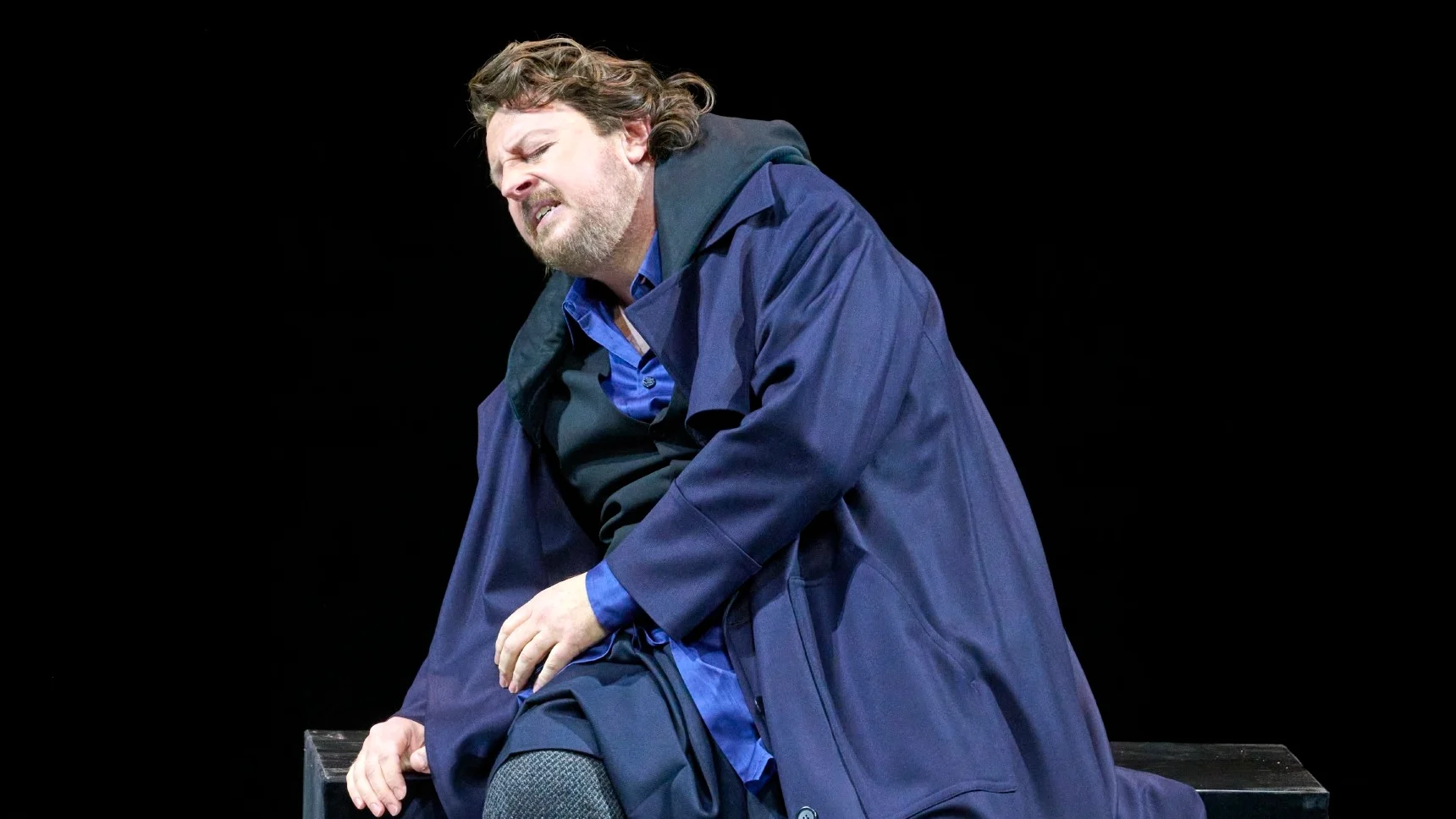
© Wiener Staatsoper / Michael Pöhn
Kammersänger Tomazs Konieczny is in charge of interpreting Jochanaan with his vigorous low register, capable on several occasions of outstripping the power of the Wiener Staatsoper orchestra, even from the pit where he is often locked in. Forged by a belief that makes him impermeable to everything and everyone – Er ist wirklich schrecklich, said Salome on hearing him for the first time – his voice is capable of flooding the Wiener Staatsoper’s Großer Saal with a sound that is both miraculous and sinister, evoking the afterlife of which he speaks with the knowledge and authority of God’s messengers.
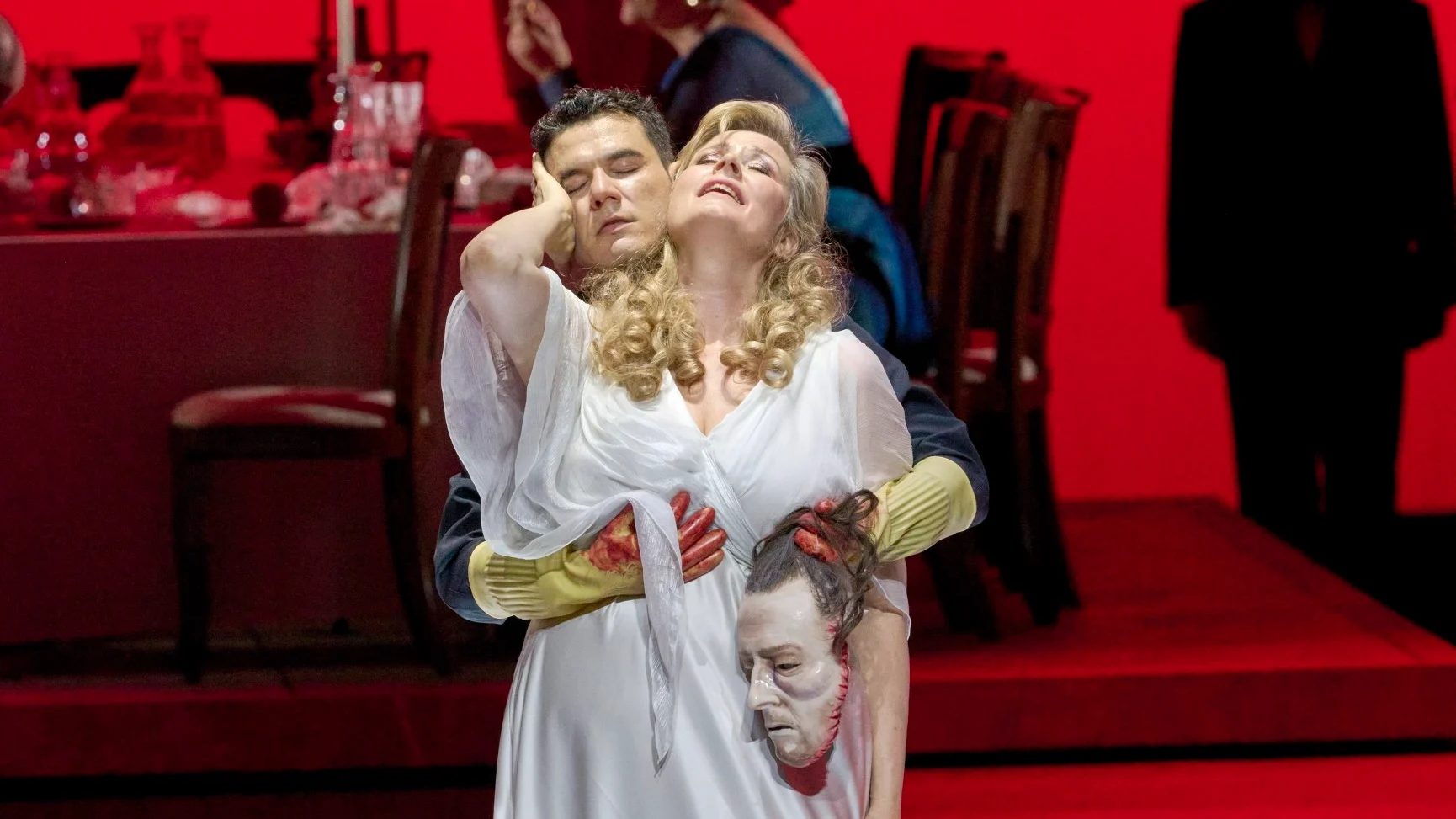
© Wiener Staatsoper / Michael Pöhn
Kammersängerin Vida Miknevičiūtė reprises the role of the Princess of Judea that she has already performed on other occasions, including in Vienna (with Tomazs Konieczny as Jochanaan in 2020, in Boleslaw Barlog’s staging). The high notes are still extremely graceful and ethereal and the grave powerful and capable of great darkness and unsuspected brutality. The dramatic maturity has also evolved, well adjusted and highlighted in this production, which transposes the action of Tiberias to contemporary (and voyeuristic) society. The particularly intricate character development dictated by the libretto – from the capricious young girl, through the bewitchingly charming Blumenmädchen, to the attractive woman driven by a vengeful madness whose thirst only subsides once she has kissed the head of her prey – is respected throughout the performance. This progression is foreshadowed from the first minutes of Act 1 in the sequences Ich möchte mit ihm sprechen, Ich wünsche, mit ihm zu sprechen and Ich will mit ihm sprechen, culminating in the monologue (over 11 uninterrupted minutes!) at the end of the opera, Ich will ihn jetzt küssen, deinen Mund, Jochanaan. Through the elegance of her voice and interpretation, Vida Miknevičiūtė finds a place among other equally outstanding interpreters of the title-role – such as Anja Silja (candour, freshness, elasticity alternating between “little girl” and “femme fatale”) and Catherine Malfitano (unshakeable endurance, despite constant presence on stage and confrontation with Jochanaan and the orchestra), with impeccable technical control.
The musical direction – limpid, with almost surgical precision, seductive down to the smallest detail, a watercolour rich in ornamentation and perfectly rendering the Straussian universe – is provided by Philippe Jordan, one of the contemporary conductors who best defends the richness and subtlety of Strauss’s repertoire, particularly in this work where everything is a question of nuance. Respect for the leitmotive so characteristic of the work and the Jugendstil quintessences are sublimated by a conducting style of great nobility and remarkable precision, which knows that the predominance of the orchestra allows the meanings and allusions that abound in the piece to be amplified and heaped up.
